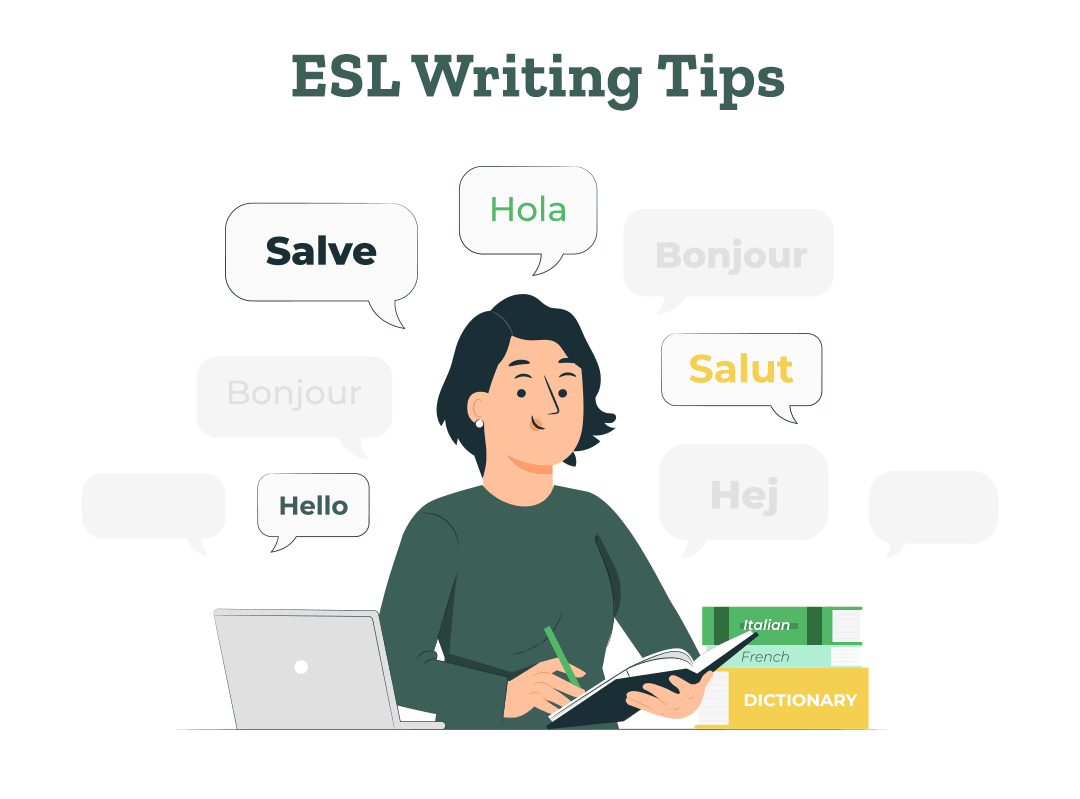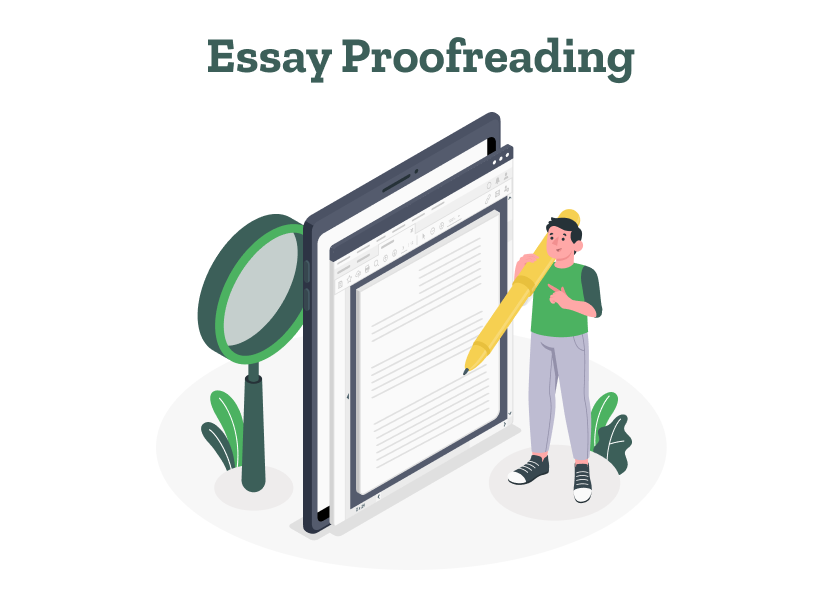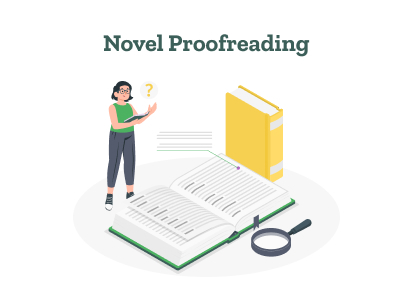- 10 Myths About Open Access Journal Publishing: Busted
- A List of Writing Contests in 2022 | Exciting Prizes!
- Common ESL Grammar Mistakes + How to Fix Them
- 10 Best Book Publishing Companies in 2023
- Screenplay Editing: Importance, Cost, & Self-Editing Tips
- Screenplay Proofreading: Importance, Process, & Cost
- Script Proofreading: Rates, Process, & Proofreading Tips
- Manuscript Proofreading | Definition, Process & Standard Rates
- 10 Best ESL Books for Students & Language Learners
- Tips to Write Better if English Is Your Second Language
- Novel Proofreading | Definition, Significance & Standard Rates
- Writing Contests 2023: Cash Prizes, Free Entries, & More!.
- Book Cover Design: An Introduction
- How Much Does Self-Publishing Cost?
- How to Hire a Book Editor in 5 Practical Steps
- Self-Publishing Options for Writers
- How to Promote Your Book Using a Goodreads Author Page
- A Step-By-Step Guide to Self-Publishing
- Traditional Publishing vs. Self-Publishing: Which Is Better?
- 7 Essential Elements of a Book Cover Design
- What Makes Typesetting a Pre-Publishing Essential for Every Author?
- 4 Online Publishing Platforms To Boost Your Readership
- How to Market Your Book Effectively
- What is Developmental Editing? A Self-Editing Checklist
- How to Find the Perfect Book Editor for Your Manuscript
- What Is an ISBN & How to Get One: The Complete Guide
- Typesetting: An Introduction
- Quick Guide to Novel Editing (with a Self-Editing Checklist)
- Manuscript Editing in 2023: Elevating Your Writing for Success
- Quick Guide to Book Editing [Complete Process & Standard Rates]
- How to Create Depth in Characters
- Starting Your Book With a Bang: Ways to Catch Readers’ Attention
- How To Craft a Murder Mystery Story
- How to Write a Powerful Plot in 12 Steps
- Research for Fiction Writers: A Complete Guide
- Short stories: Do’s and don’ts
- Joseph Campbell’s Hero’s Journey: Worksheet & Examples
- How to Write Dialogue: 7 Rules, 5 Tips & 65 Examples
- How to Write a Novel in Past Tense? 3 Steps & Examples
- What Are Foil and Stock Characters? Easy Examples from Harry Potter
- How To Write Better Letters In Your Novel
- Types of Characters in Fiction
- How to write your Protagonist
- How to Write Unforgettable Antagonists
- On Being Tense About Tense: What Verb Tense To Write Your Novel In
- How To Create A Stellar Plot Outline
- How to Punctuate Dialogue in Fiction
- On Being Tense about Tense: Present Tense Narratives in Novels
- The Essential Guide to Worldbuilding [from Book Editors]
- What Is Point of View: 1st, 2nd & 3rd POV with Examples
- How to Create Powerful Conflict in Your Story | Useful Examples
- How to Write a Book: A Step-by-Step Guide
- 5 Elements of a Short Story & 6 Stages of a Plot
- How to Write a Short Story: 6 Steps & Examples
Still have questions? Leave a comment

Checklist: Dissertation Proposal
Enter your email id to get the downloadable right in your inbox!

Examples: Edited Papers
Enter your email id to get the downloadable right in your inbox!
How to Write a Book Proposal
 Jan 07, 2021
Jan 07, 2021 5
min read
5
min read
What is a book proposal?
A book proposal is a document that ideally convinces a publisher to pick up your book for publication. It needs to convince them that your book not only has literary value but it also has to convince the reader that it has commercial potential. So yes, it is about economics to an extent, and it should be intriguing to them as an investment. Publishers are deeply concerned about this sort of a thing because, for better or worse, the publishing landscape is highly competitive, and they need to be sure that the risk of putting their resources into your book pays off.
But don’t be daunted by this prospect, dear reader, because there are certainly ways to make your proposal stand out amidst others. We know this is difficult to hear, the idea of marketability being valued over literary prowess, but that’s where this guide comes in handy.
A book proposal is also a fantastic opportunity for you to find clarity within what you hope to achieve with that book. It’s a chance for you to think about how you can write about your story in a succinct and compelling way, to spark interest in a potential reader. This means that you should also be thinking about who your target audience is—what age group you’re writing for, for example—and draft your proposal accordingly.
Book proposals can be used to pitch both fiction and nonfiction manuscripts. A fiction manuscript is typically completed at this stage, but a nonfiction manuscript can still be in progress, with the first few chapters ready for feedback.
What goes into one?
There’s no standard format of writing a book proposal, as it differs across publications (check their guidelines, always!) and the genre of the book. But these are some sections that are typically included in a book proposal.
- The working title of your manuscript: The title itself should be catchy enough to grab the reader’s attention. If you’ve not settled on a title yet, you can provide multiple alternatives.
- A brief synopsis of the book: There’s no single way to go about this, because it depends entirely on what the book is. What we’d suggest is keep to three or four paragraphs at the most, and focus on conveying the essence of your story rather than being bogged down on the word count. The synopsis should be brief but compelling because this is your elevator pitch.
- Longer synopsis and chapter break-ups: Once you’ve drawn the reader in, you can choose to elaborate more on the story or on how you’ve arranged the book. The latter is particularly useful if it’s a nonfiction manuscript you’re working on.
- Author bio and contact information: You’ll also need to include some basic biographical information about yourself and how you can be contacted.
Submitting a Book Proposal
- Make a list of the publishers you want to work with: Spend some time doing research on the kind of publication house you would like to work with. You could look them up online, see their credentials and the kind of books they’ve published before. This will help you gauge whether they are likely to share the same ideals and vision you have for your book.
- Look up the guidelines they have for book proposals: Each publication house has its own set of guidelines that they want adhered to in every proposal they receive. These may be based on the seasons they’re open for proposals, genres they work with, the number of chapters they require, etc. Based on what applies to your book, refine your list of publishers.
- Consider getting an agent: Many publication houses do not accept proposals that haven’t come through literary agents. If you’re planning to submit to larger, more well-known publishers, look for a literary agent willing to represent you. Having an agent also gives you access to these circles.










